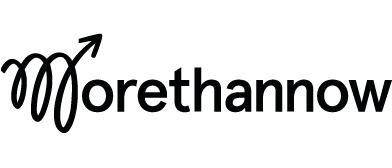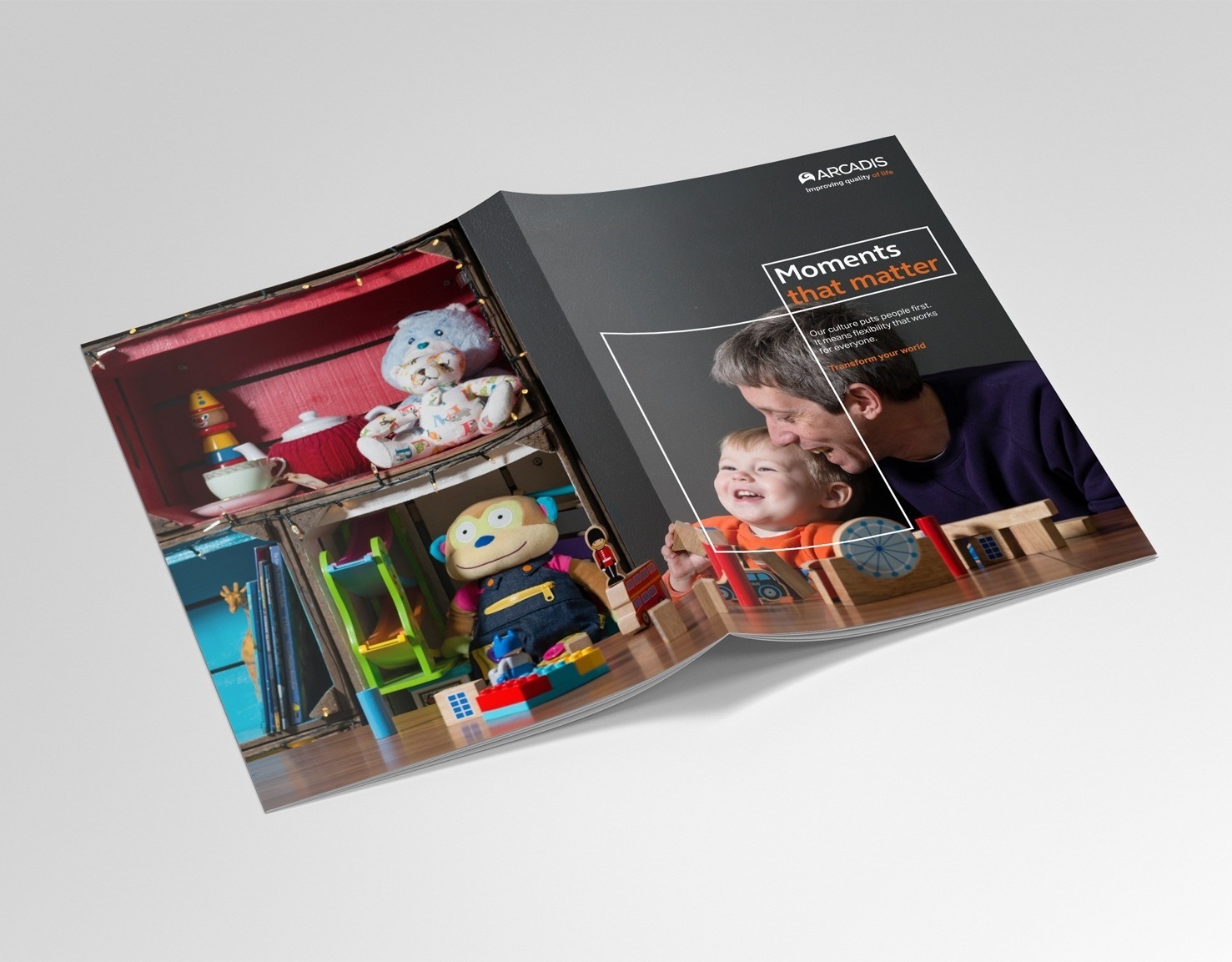Breaking the Stereotype: Working Dads
Will breaking stereotypes help achieve gender equality at home and at work? We explore the thorny issue of fatherhood and flexible working, and find our answer in a living room in Sutton on a Friday afternoon…
Playtime on a Friday - Alex Russell from Arcadis with his son, Calum.
Last year, the BITC’s Equal Lives Report found 60% of women take a lead role in parenting compared to 7% of men. It’s problem for working mums, who suffer significant pressure and stress from competing demands. It’s a problem for working dads, who want to be more involved in family life but feel forced to hide their responsibilities for fear of social and workplace reprisal.
“It’s time for employers to acknowledge that the roles of the male breadwinner and female caregiver are clearly outdated, and their employees – of both genders – should not have to choose between being a great parent or having a fulfilling career. ”
Few would disagree. But the roles of male breadwinner and female caregiver are far from outdated. They are active, powerful stereotypes that dominate our social reality and cast a shadow on our attitudes and behaviour at home and work. Whether we like it or not, they remain silent guidelines that frame our lives and undermine our attempts at progress…
So, we say women and men shouldn’t have to chose between being a great parent and having a fulfilling career. We extol the virtues and value of that belief through campaigns and research. We make huge changes to parental leave and flexible working policies to make it happen. Yet, the trends the BITC highlight are not changing. Because stereotypes guard the status quo…
Breaking the Stereotype.
Organisations can’t single-handedly change stereotypes but they can counter their influence. In recent years, we’ve seen that insight embraced as we celebrate female role models in male-dominated areas like engineering, technology and corporate leadership.
Too often, however, the progress we make with one hand is taken away by the other. We fail to draw the same value from stories of compassionate, nurturing, family-orientated men, and our organisations remain designed around gendered traits like assertiveness, individualism and a commitment to doing whatever it takes to succeed. It doesn’t need to be like this:
“We go swimming every Friday; that’s mine and Calum’s thing. Last Friday we went for a wander up Leith Hill, which is a National Trust tower in Surrey. Just spending time together is a great thing.”
Just as female engineers, coders and leaders can free us from the constraints of stereotyping, so there are working dads like Alex who can challenge our norms. When we celebrate his story with equal gusto, we chip away at gender roles from a different angle and forge a path that other men will find easier to take.
“We always knew that we would want a shared parenting approach. It was the culture of both our organisations, Arcadis and my wife’s, that gave us the confidence to make it happen. The important bit was figuring out what worked best for us as a family and being lucky enough to work in companies where we could adapt our working lives to meet that end. ”
Our conclusion needn’t be complicated. Alex felt able to pursue shared parenting because of the culture at Arcadis and the supportive conversations he was able to have with the working dads around him. Fast forward to 2019 and we’re using Alex to inspire his colleagues in a similar way.
This might be simple, but it isn’t normal. We need more organisations to celebrate working fathers and break the stereotypes that are holding men back. From a research perspective, we also need to learn more about the untapped power of Alex’s story:
We already know counter-stereotypes offer a more promising way to reduce bias than more widely-used interventions (from this hot-off-the-press meta analysis on implicit stereotypes).
We think that the more localised our stories are, the more influential they will be on attitudes and behaviour (‘i.e. ‘this is a working father in my industry’ will be less effective than ‘in my company, my division, my office or my team’).
We predict that their timing will be critical: that our stories need to reach expecting parents the moment they’re making decisions about their future.
Exploring these ideas is worthy of time and investment - for a fairer society, a better workplace and for those currently forced to twist themselves into a stereotype or swim against the tide. But for now we’ll leave you here: with Alex and Calum from Sutton, in their living room on a Friday afternoon.
Enjoying the moments that matter.
Thanks for reading. We’d love Alex’s story to go far and wide, so please give it a share where you can. More than that, we want those in a position of influence to address the behavioural as well as the policy hurdles to flexible working. If that’s you, and you’d like to find out more about research opportunities, please get in touch with us here.




